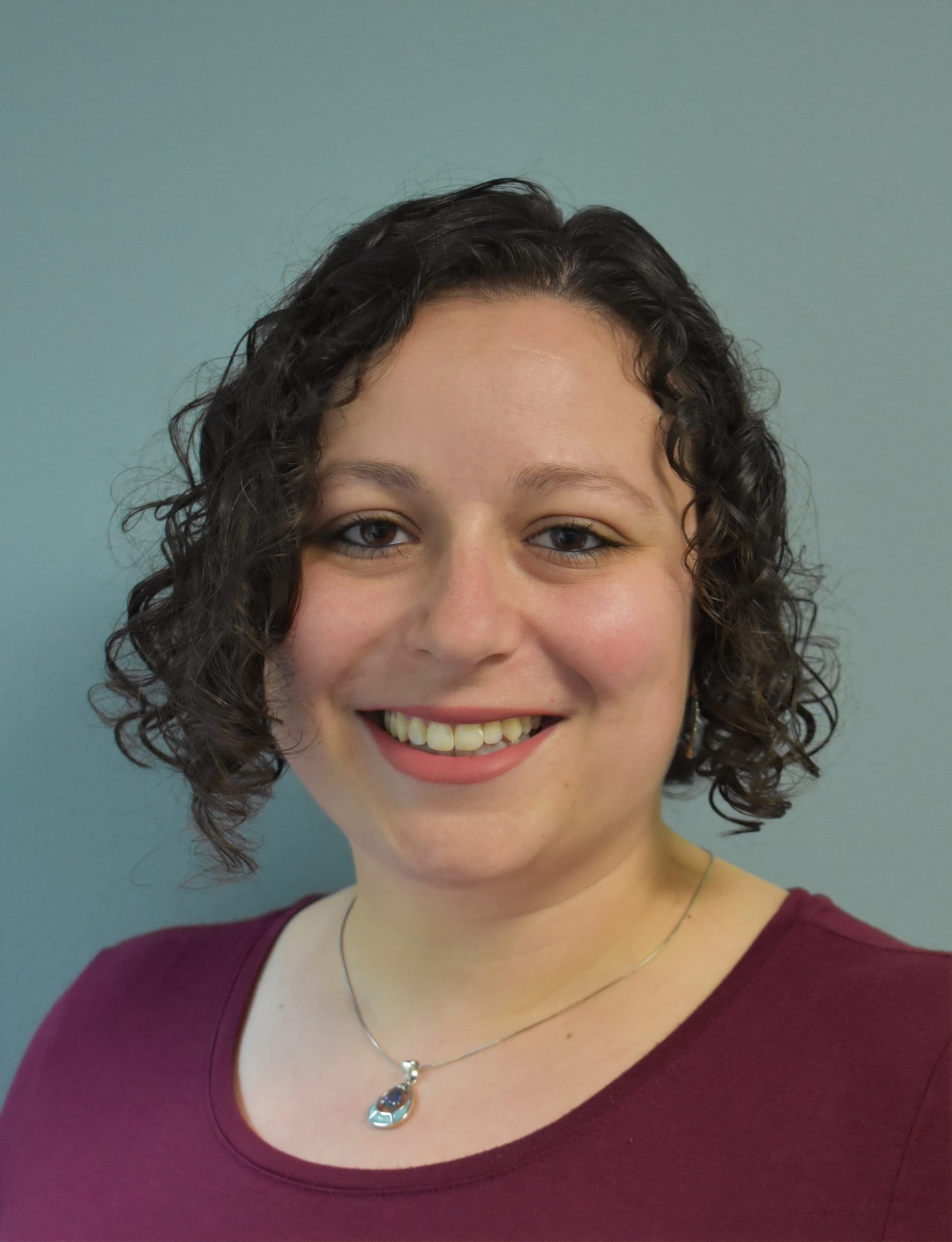Featured Therapist for October, Erica Rand
Every month, Council for Relationships features one of our Staff Therapists. This month’s Featured Therapist is Erica Rand, LCSW, MEd, who joined our staff in 2019. Learn about Erica in the interview below!

What do you consider to be the goal of therapy? What do you help your clients work towards?
The goal of therapy is to achieve a decrease in discomfort. People come into counseling for a variety of reasons, but often times it is because something they are experiencing is causing stress and turmoil. I work with clients to decrease those points of discomfort by identifying the triggering thought, emotion, or image. If you unlearn maladaptive coping strategies, and replace them with positive coping techniques, the distress will subside, at least to a degree. The clients set the goals of counseling and we work together to break unhealthy cycles or thought patterns to decrease anxiety and increase self-esteem and self-worth.
Describe a useful tool or exercise that you like to share with your clients.
Affirmations and self-care are my biggest tools both for myself and for my clients. An affirmation is a positive statement or reminder that is used to motivate and encourage oneself. I use these in the first therapy session because affirmations positively affect a person’s self-worth. We need to create an inner monologue of being kinder to ourselves as it is easy to judge ourselves too harshly or put more pressure on ourselves to succeed. Learning how to incorporate affirmations into your routine can be a step in increasing or maintaining positive self-esteem.
I strongly believe in self-care. As a Social Worker, self-care is embedded in everything that I have learned. We need to take care of ourselves so that we can continue to take care of others. I work with so many people who put others needs above their own and do not take time to replenish themselves. My self-care includes walking as much as I can, getting a pedicure or a massage, meeting a friend for dinner at a new restaurant, or just cuddling with my cat. Finding a self-care activity to partake in should be enjoyable.
What is your background? Why did you choose CFR?
I am a Licensed Clinical Social Worker who has been working at Children’s Hospital of Philadelphia in the Adolescent Initiative department. I work with young adults living with chronic illnesses, particularly HIV. I provide support for patients adjusting to their diagnosis and help them to adhere to medications to treat their chronic illness. Additionally, I help youth access services that provide food, shelter, and other necessities, as well as assisting them in maintaining their medical coverage. I utilize strength-based, solution-focused, and crisis-oriented skills in my work at CHOP. I have learned so much from the patients I work with and they have prepared me to expand my practice.
I always knew that when I was ready to practice more traditional therapy, Council for Relationships is where I wanted to practice. Council for Relationships’ diversity, openness, and acceptance for all people is important to me. I appreciate the mission statement and the great support that Council for Relationships has offered me; everyone that I interact with is incredibly kind and helpful.
Why did you decide to become a therapist/what drew you to counseling as a career?
I decided to become a therapist, more specifically a sex therapist, thanks to Rozalin Focker (Barbra Streisand) in Meet the Fockers. The movie came out when I was in high school when I was looking at colleges and trying to figure out what I should do with my life; it could not have come out at a better time. I went with my two close friends to see the movie in theaters and fell in love with the idea unexpectedly. My friends kept saying that I had to become Rozalin Focker, a Sex Therapist.
I was the person that friends came to when they needed to talk or the one they confided in. I felt comfortable talking about sex and teaching others about it. I made sure to create a fun and safe environment to talk about sex. I started researching what it meant to be a Sex Therapist and I never really stopped. I went to a liberal arts college where my teachers let me alter some of the assignments to be more sex-positive focused. After college, I went to Widener University where I completed my Master’s in Education – Human Sexuality and my Master’s in Social Work.
The clinical track allowed me the opportunity to learn all about therapy. Human Sexuality covers a multitude of topics and I took advantage of all I could learn. I work hard to create a safe space to talk about sex and sexuality. It can bring up a lot of anxiety and discomfort but I strive create a comfortable environment for clients.
What is one piece of advice you would like to give people who may be struggling emotionally and would like to seek to counsel but may not be ready?
The most important thing to remember is that you are not alone. It is easy sometimes to think we are alone in our feelings and experiences but chances are that we are not. Finding a space to share your experience and getting perspective is essential to healing and personal growth.
Erica currently sees clients at our Center City & University City offices. Interested receiving therapy from Erica? Request an appointment!
